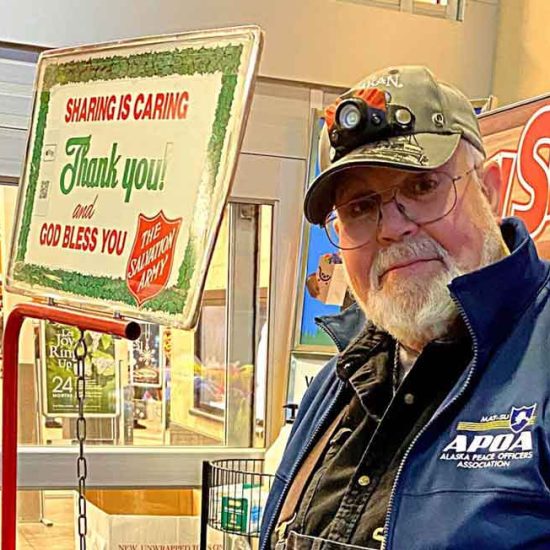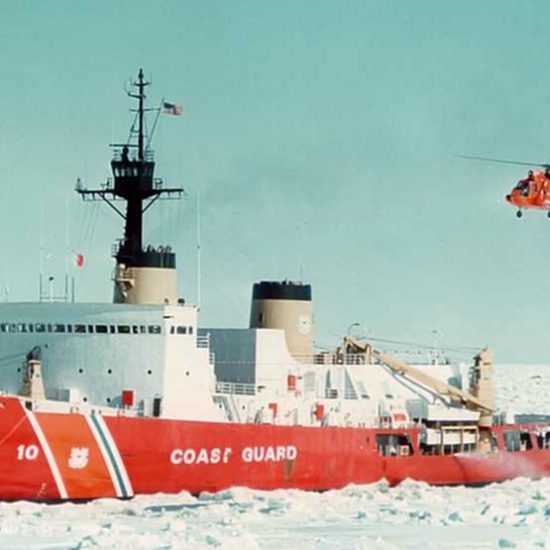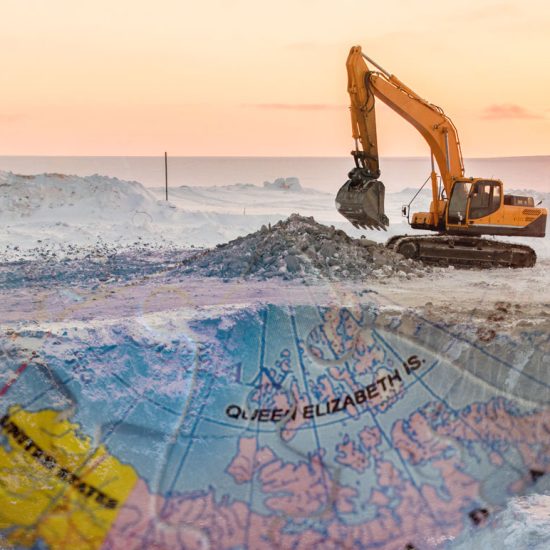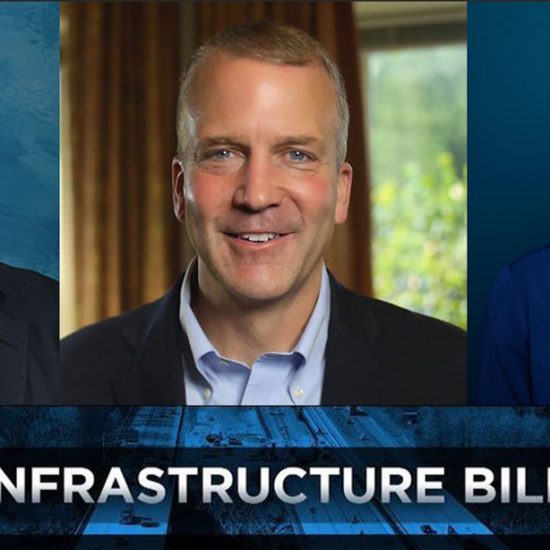We learned a lot during and after the M7.0 earthquake a few weeks ago on 11/30. Among the Good News was no loss of life. The bad news was that there was significant damage to buildings, homes, other structures, and the things inside those buildings. Eagle River and the MatSu were hardest hit.
There was the expected Snoopy Dance by local politicians on the glories of strict construction requirements here in Anchorage and the ADN did its easy finger pointing at the somewhat less restrictive construction codes in Eagle River and the MatSu, forgetting entirely that both were physically closer to the epicenter than Anchorage. This also completely ignores oddities that a number of 40+-year old buildings rode out the quake nicely and that it seems that structures in parts of town that are on poor soils may have done better than those on more solid soils.
Expect another round of local politicians attempting to ratchet down building codes for new construction another notch, completely ignoring the economics of those codes, all in the name of public safety, of course.
But if public safety is truly that important, why did local politicians allow this earthquake to turn Anchorage into an island, accessible by only air or sea, for a few hours after the quake? Why are there only two ways out of town? Why aren’t there four or more? Better yet, knowing and recently experiencing that, what do we plan to do about it?
There were at least four areas of damage to the Glenn Highway out of town due to the quake. These include the Eagle River Bridge, the Glenn near Mirror Lake, Briggs Bridge in Eagle River, and the Palmer exit at the Glenn and Parks interchange. https://www.ktuu.com/content/news/DOT-Glenn-Highway-Seward-Highway-Paving-Updates-earthquake-damage-501743191.html
Commuters trying to get home from Anchorage after the quake in some cases took over eight hours to get home.
I could not think of any better demonstration of the public safety need for a second route out of Anchorage to the north, the Knik Arm Bridge, than the traffic jam following this earthquake.
The Seward Highway southbound to the Kenai is yet another single point failure that was closed in many cases due to rockslides. The only lucky thing about the timing of the quake was that there was not the normal snowpack on the mountains, as it would have also come down. That escape route out of town was also closed following the quake and still is periodically for new rockslides following it.
Like the Knik Arm Bridge, I could not think of any better demonstration of the public safety need for a second southbound route out of Anchorage to the south, a Turnagain Arm Bridge to the Kenai jumping off just south of Potter’s Marsh and the weigh station.
We have demonstrated that building codes generally work to improve public safety, especially if they are incrementally, reasonably, and affordably applied. We have also demonstrated the need for additional escape routes for traffic into and out of Anchorage.
We were lucky this time that the quake did not significantly damage cargo into Anchorage via the Port of Anchorage. Should the next one do so, what are our options? Shipping into Port Mac and bringing containers over the road to Anchorage on the Glenn? Going to be hard to do that if the road is closed. How about shipping into either Whittier or Seward and over the road into Anchorage via the Seward? Once again, going to be real difficult to get cargo (food, fuels, bulk goods, etc) into town if the Seward is closed.
Infrastructure equals public safety. It is long past time to invest in some, as the next quake may not be so forgiving.
Alex Gimarc lives in Anchorage since retiring from the military in 1997. His interests include science and technology, environment, energy, economics, military affairs, fishing and disabilities policies. His weekly column “Interesting Items” is a summary of news stories with substantive Alaska-themed topics. He is a small business owner and Information Technology professional.












